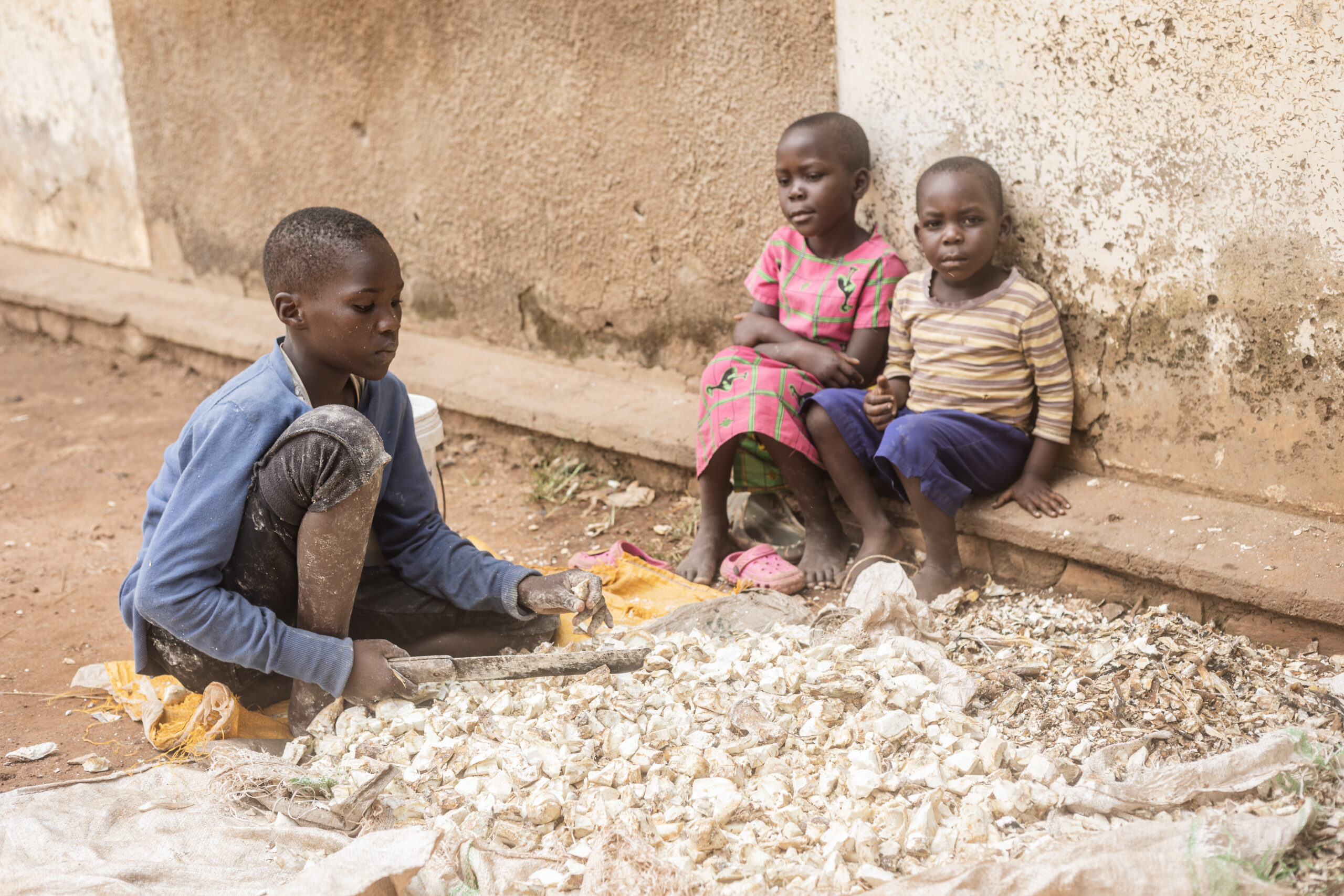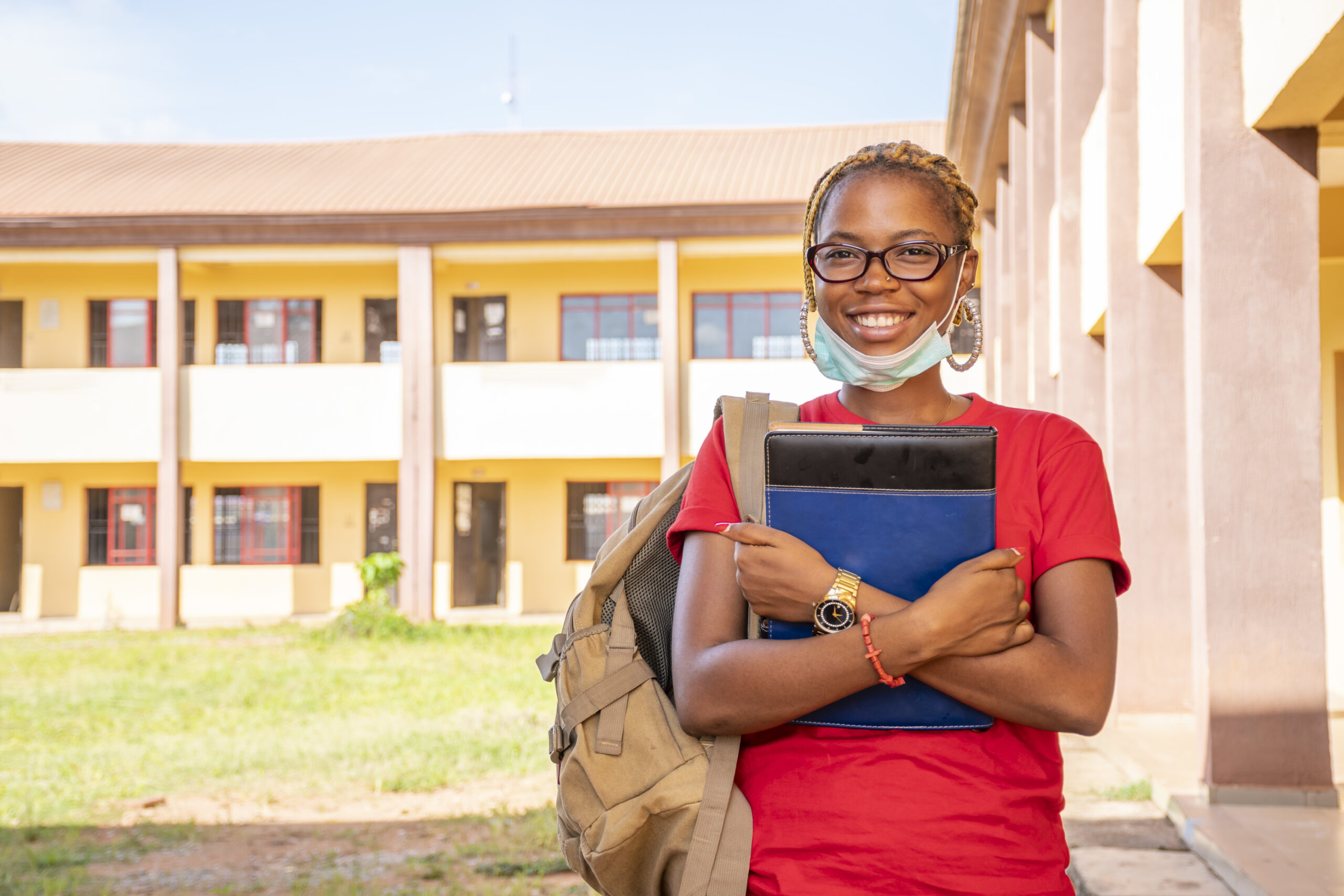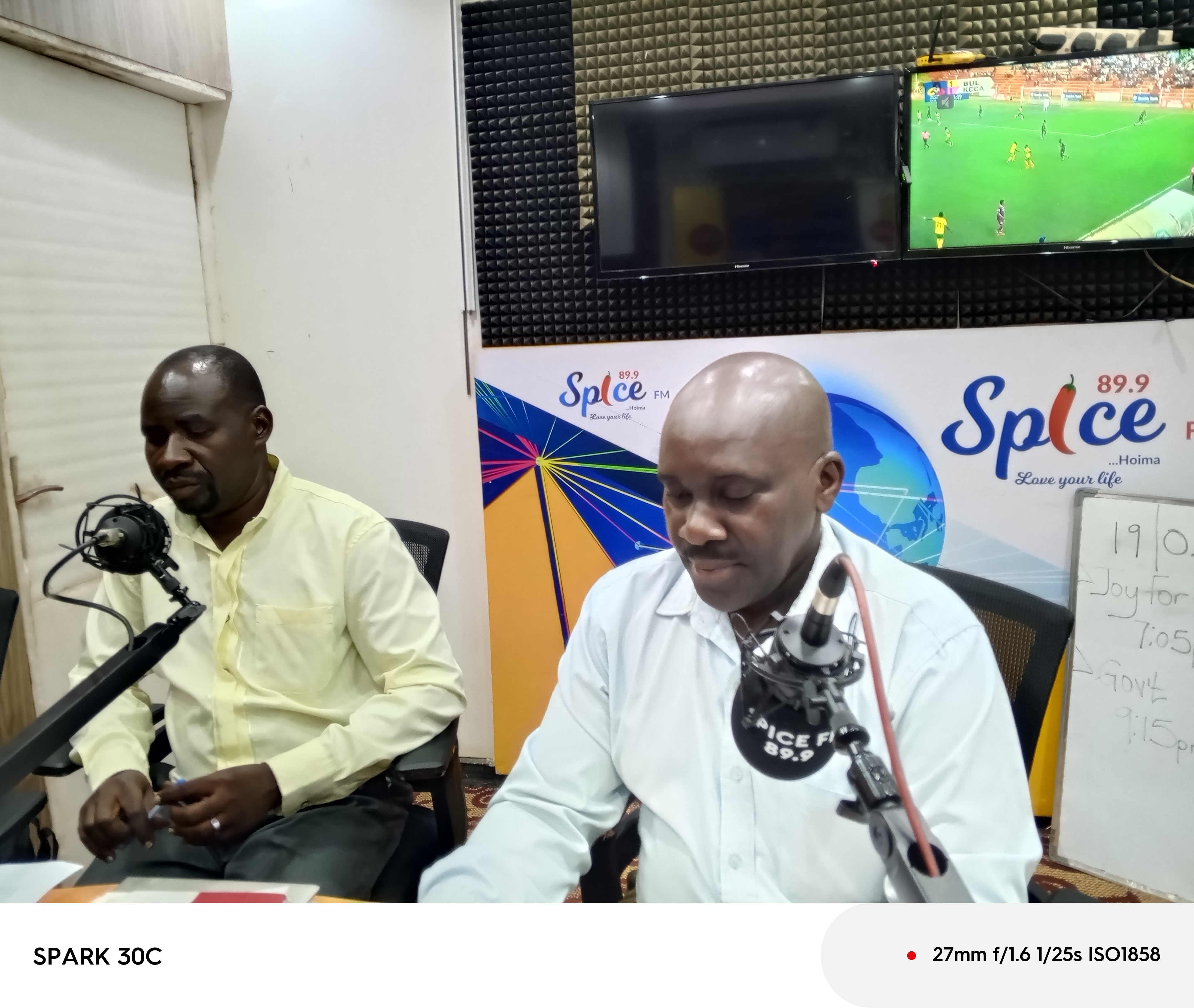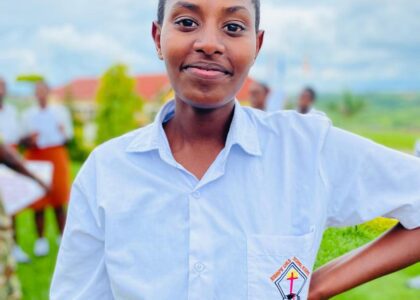According to UNFPA, good Sexual and Reproductive health is a state of complete physical, mental and social wellbeing in all matters relating to the reproductive system. It implies that people are able to have a satisfying and safe sex life , the capability to reproduce and the freedom to decide if, when and how often to do so.
Uganda’s population is comprised of mainly young people with 77% of its population being under 30 years of age with over 7,310,386 youth from ages of 15- 24 years of age living in Uganda, inclusive of youth with disabilities. However, this group of people has been left behind in so many levels in regard to the development of this country.
In regard to access of sexual reproductive health services, much focus has been put on youth without disabilities leaving behind those with disabilities which puts them in a much vulnerable state unlike their counterparts.
In the slum areas of Kampala where Joy for Children Uganda implements the children with disabilities project inclusive of youth, it was noted that many youth with disabilities are not in position to access information on sexual reproduction, many don’t know their rights and are also unable to enjoy their sexual reproductive health rights and services. Many girls with disabilities have been denied access to condoms because doctors think they shouldn’t enjoy sex or rather are not entitled to playing sex which is a form of violence.
On so many occasions, pregnant youth with disabilities have been hurled insults at by midwives and nurses while at the hospitals for antenatal care services because nurses think they are not supposed to get pregnant because they have a disability. This alone has limited access of these sexual reproductive health services by youth with disabilities in Uganda. The gap in provision of these services has made youth with disabilities susceptible to HIV/Aid infections, unwanted pregnancies and other sexually transmitted diseases.
Therefore, if we want to ensure a healthy and productive population, there is need to equip the health workers with the right skills in handling youth with disabilities while at hospitals and equip them with the right knowledge and methods on how to disseminate this sexual reproductive health information to the youth with disabilities upon their visits to hospitals.
Additionally, there is need for the government to provide free SRH services to the youth with disabilities and bring these services closer to the people in the community to ease accessibility. For example, the government should ensure that each health facility, clinic has a sexual reproductive health desk that provides these services to the youth with disabilities and other youth that are in need of them.
Information should also be translated in the easiest way possible to ease comprehension by all. The information should favor all persons with different kinds of disabilities.
There is power in information which is why it’s very important to equip the youth with disabilities with the right information about their sexual reproductive health rights if we want to contribute to the realization of sustainable development goal 3 which calls for good health and well being for all.





